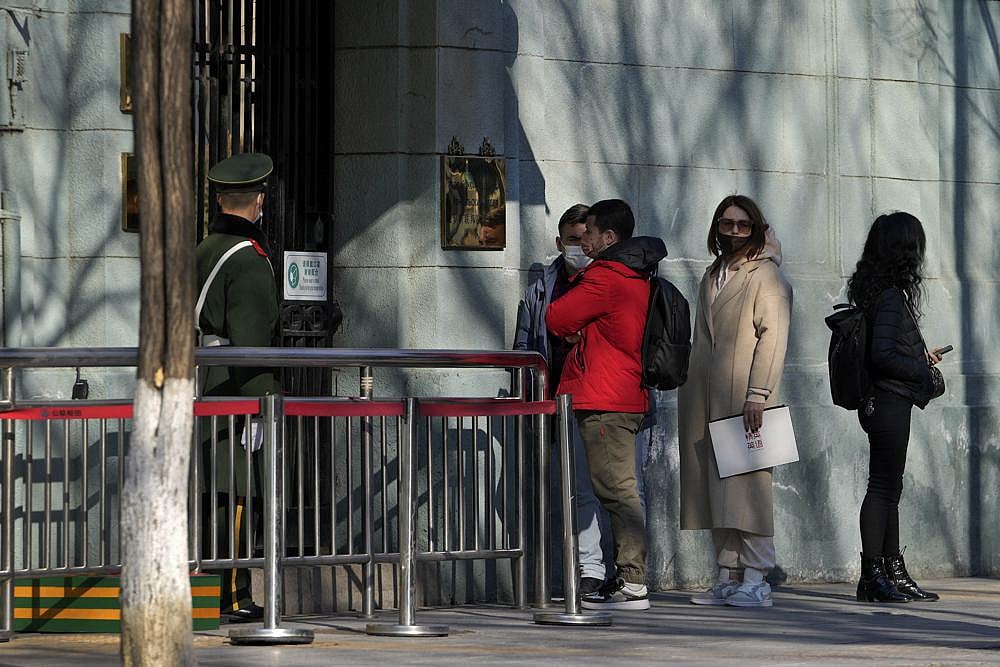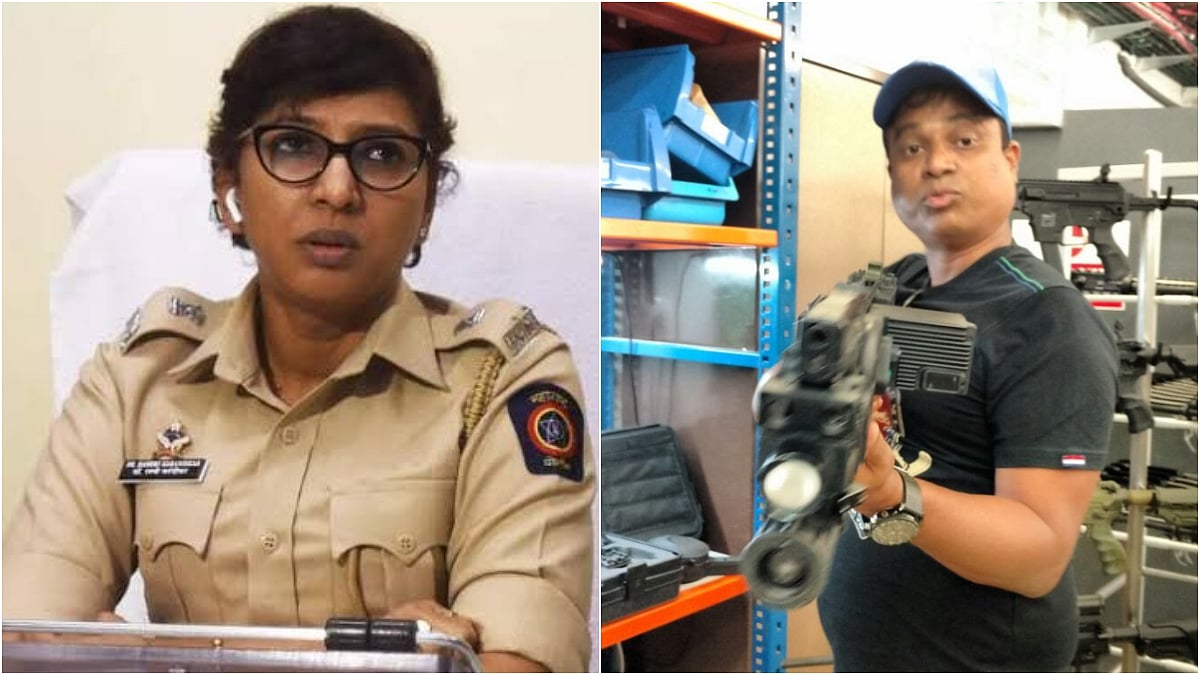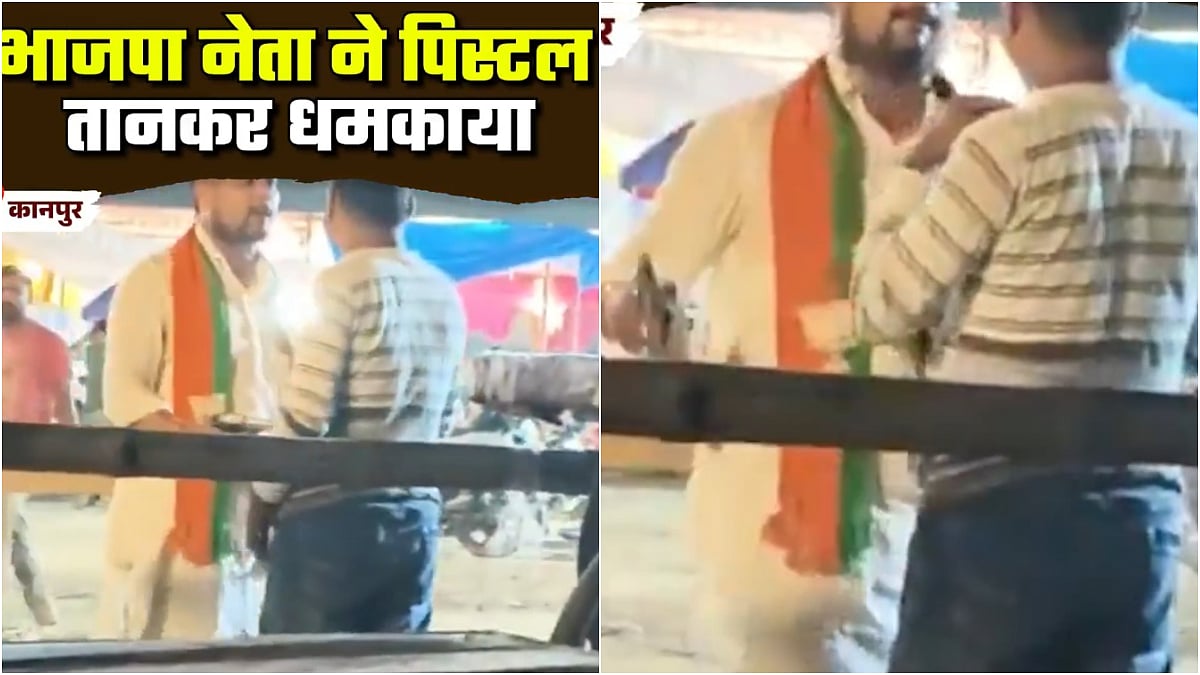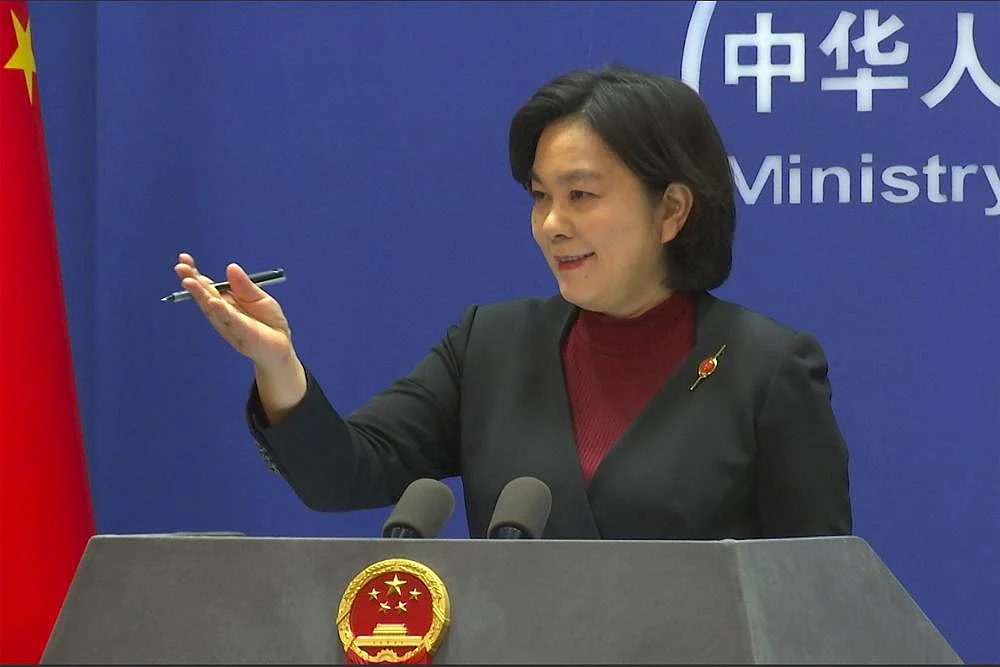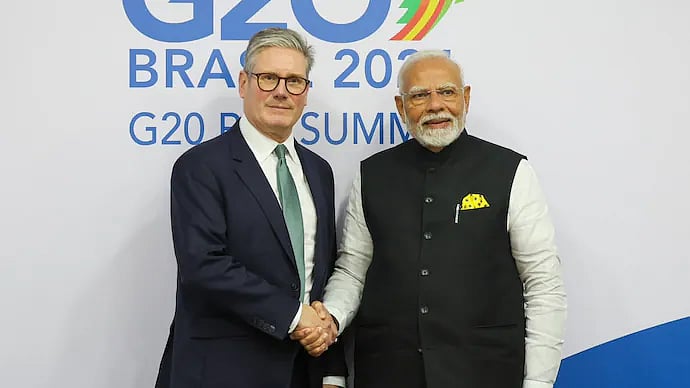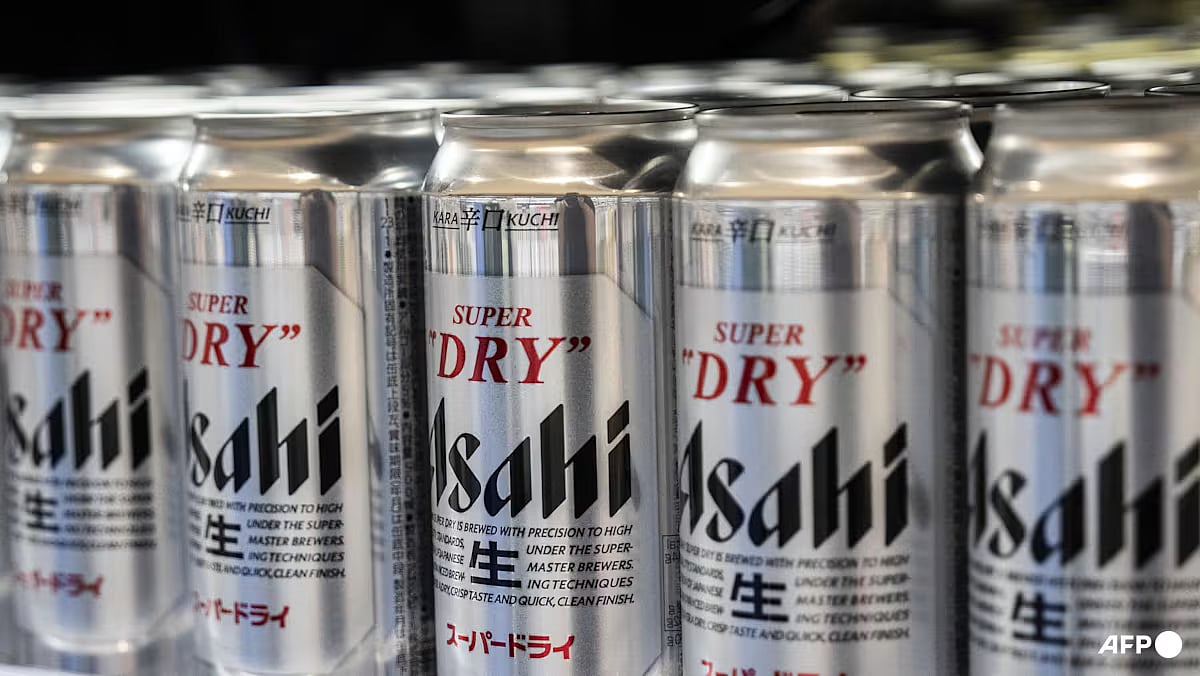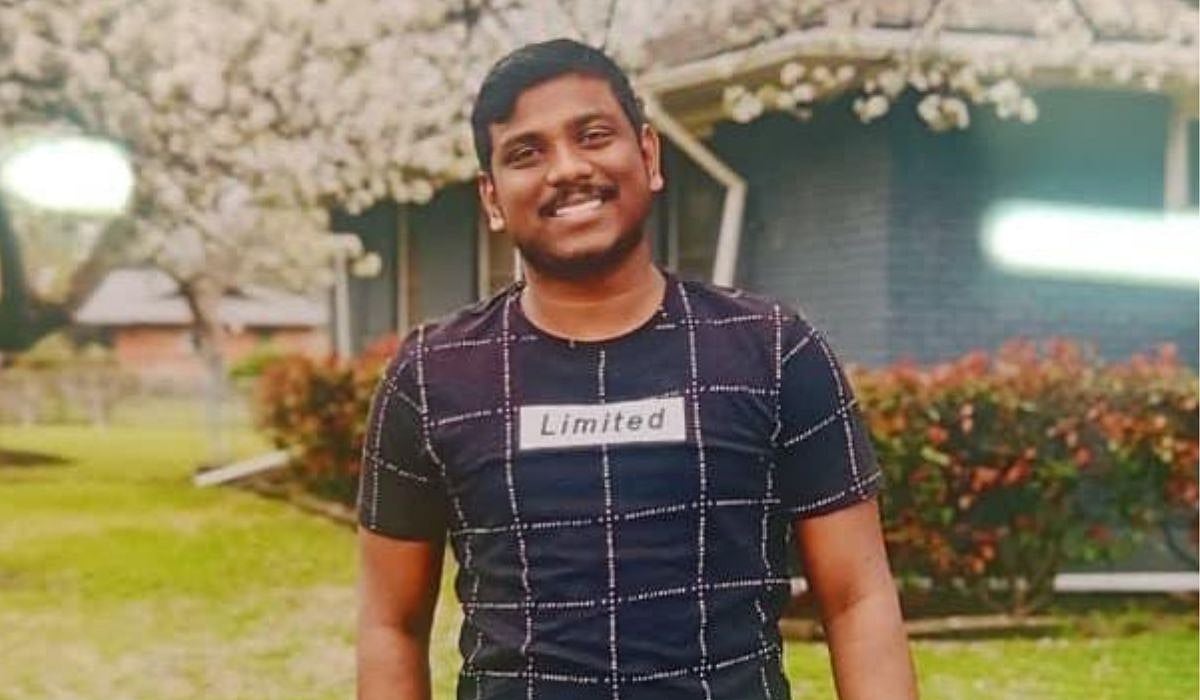Brussels (Belgium): World leaders expressed a raw outrage shrouded by an impotence to immediately come to the aid of Ukraine to avoid a major war in Europe, condemning Russia's attack on its neighbour as the European Union and others promised unprecedented sanctions to hit the Kremlin.
European Commission President Ursula von der Leyen called it a "barbaric attack" on an independent nation that also targeted "the stability in Europe and the whole of the international peace order".
The EU will hold an emergency summit in Brussels, where NATO is also meeting after Poland and the Baltic nations bordering Russia and Ukraine called for an urgent session.
But no one promised to move in militarily and defend Ukraine as it could touch off a major European war. Russian President Vladimir Putin warned anyone listening that any interference would "lead to consequences you have never seen in history".
So instead, most of the world - but not China - condemned and threatened to hit the Russian elites with, in the words of EU foreign policy chief Josep Borrell, "the strongest package, the harshest package of sanctions we have ever implemented".
"A major nuclear power has attacked a neighbour country and is threatening reprisals of any other states that may come to the rescue," Borrell said. "This is not only the greatest violation of international law, it's a violation of the basic principles of human coexistence. It's costing many lives with unknown consequences ahead of us. The European Union will respond in the strongest possible terms."
Von der Leyen said the "massive and targeted sanctions" she will put to EU leaders "will target strategic sectors of the Russian economy by blocking the access to technologies and markets that are key for Russia."
She said the sanctions, if approved, "will weaken Russia's economic base and its capacity to modernise. And in addition, we will freeze Russian assets in the European Union and stop the access of Russian banks to European financial markets."
Like the first package of sanctions that were imposed when Russia recognised the two breakaway eastern Ukrainian republics, von der Leyen said all Western powers were walking in lockstep.
"We are closely aligned with our partners and allies the United States, the United Kingdom, Canada, but also, for example, Japan and Australia," she said.
And highlighting a widening rift in superpower relations, China stood alone in failing to condemn the attack and instead accused the United States and its allies of worsening the crisis.
In a clear defense of Moscow, China "called on parties to respect others' legitimate security concerns."
Foreign ministry spokesperson Hua Chunying said that "all parties should work for peace instead of escalating the tension or hyping up the possibility of war," in language China has consistently used to criticise the West in the crisis. China has increasingly aligned its foreign policy with Russia to challenge the West.
"Those parties who were busy condemning others; what have they done ? Have they persuaded others?" Hua said.
One thing was clear - weeks of diplomatic cajoling, global crisscrossing of leaders and foreign ministers, and the threat of sanctions against Putin's inner circle had failed to persuade the Kremlin to take one of the most significant measures in Europe since the end of the Cold War.
NATO envoys met in an emergency session as the 30-nation military organisation prepares to bolster its defences in allies neighbouring both countries. Preparations are also underway for a NATO summit.
Overall though, more sanctions appear the only option for the foreseeable future. And from South Korea to Australia to Europe, governments were lining up to oppose Putin.
British Prime Minister Boris Johnson called Ukrainian President Volodymyr Zelensky and said Ukraine was in the thoughts of everyone in the UK "during this dark time".
French President Emmanuel Macron, who had laboured until the last minute for a diplomatic solution, said "France firmly condemns Russia's decision to wage war," and promised support for Ukraine.
"Russia must end its military operations immediately," Macron said.
The turmoil from the beginning of a long-feared act of aggression rippled from Europe to Asia. Stock markets plunged, oil prices surged, and European aviation officials warned of a high risk to civilian aircraft over Ukraine, reminding air operators that "this is now an active conflict zone".
Russia's attack and uncertainty about the intensity of the Western response sent stocks tumbling and oil prices surging by more than $5 per barrel. Market benchmarks in Europe and Asia fell by as much as 4%, while Brent crude oil briefly jumped above $100 per barrel in London for the first time since 2014 on unease about possible disruption of supplies from Russia, the No. 3 producer.
In New York, the UN Security Council held an extraordinary emergency meeting meant to dissuade Russia from sending troops into Ukraine. Secretary-General Antonio Guterres' plea to "give peace a chance" came just as Russian President Vladimir Putin appeared on Russian TV to announce a military operation that he maintained was to protect civilians in Ukraine.
Putin, who said that rebels in eastern Ukraine had asked Moscow for military assistance, warned other countries that any effort to interfere with the Russian operation would lead to "consequences they have never seen".
Explosions were heard in Kyiv and other cities in Ukraine. Moscow had massed more than 150,000 troops on Ukraine's borders. On Monday, Putin recognized the independence of two separatist regions in eastern Ukraine and ordered Russian forces there for what he called "peacekeeping". Guterres at the UN disputed that, saying the troops were entering another country without its consent.
In a bulletin Thursday, the European Union Aviation Safety Agency said "there is a risk of both intentional targeting and misidentification of civil aircraft" and that "the presence and possible use of a wide range of ground and airborne warfare systems poses a HIGH risk for civil flights operating at all altitudes and flight levels".
